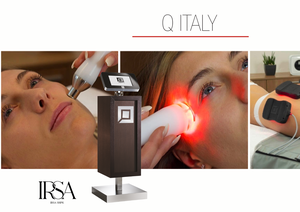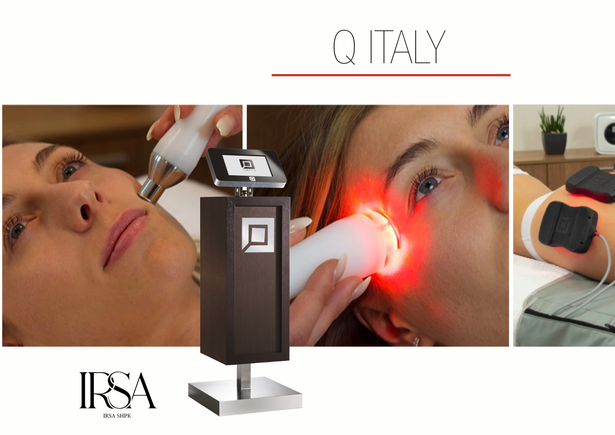
Diet culture, diet itself as a term is an indicator of the social change that the industry has undergone that is promoting slimming and promoting weight loss at any age and any person. With a current market value exceeding 70 billion euros, diet has been ingrained in our minds since childhood.
From the first meaning it had, according to which the diet includes the way everyone eats and exercises, without being associated with slimming, the evolution of society has led to the creation of a new explanation for the term. Now "diet" means following a certain nutritional process that leads to weight loss.
Over time, the term "detox diet" was created, which according to the first explanation means: regimen that removes toxins from the body. Most suggest this diet in the post-holiday period, but not only when we feel guilty that we ate more than usual and gained a few extra pounds.
But a good number of nutrition experts say that there is no such thing as a diet detox. This is because there is no evidence or medical study about the toxins that the body receives from fresh (excessive) food.
However unbalanced your lunch or dinner may have been, it is unlikely that there are toxins in home food (made with fresh ingredients) that the body does not process itself.
That being said, the body flushes out waste on its own through the work of the kidneys and liver. A specific so-called detox diet, according to nutritionists, does not improve the activity of these organs.
According to them, it is very important to enjoy the food properly and not have negative feelings every time you eat. It is enough to be careful with what you eat to achieve the physical stability you are looking for without going on drastic, or not drastic, diets.
Suggested Articles:







